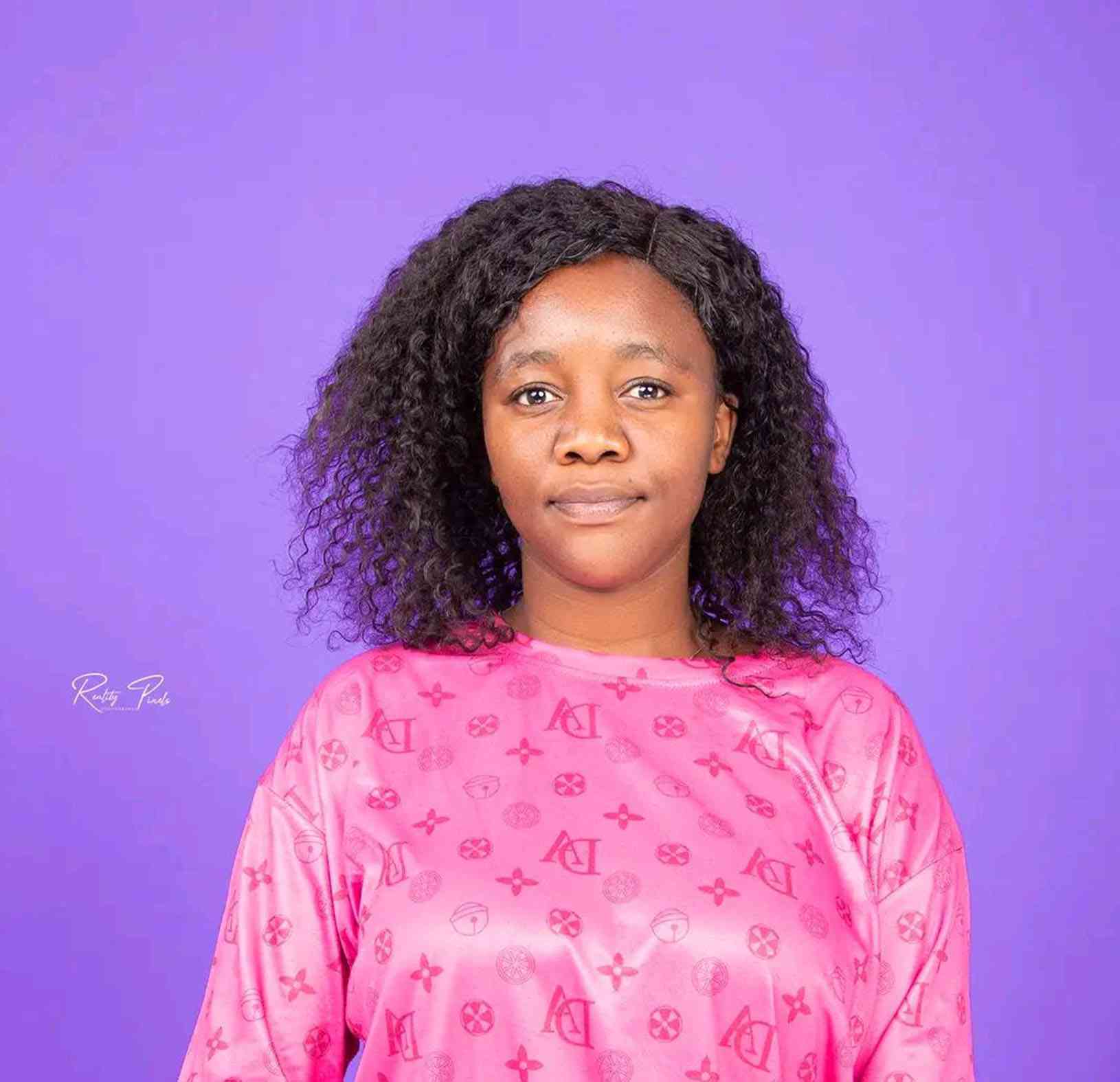
THE struggles that Zimbabwe’s female journalists battle to overcome reflect deep-seated gender inequalities and discrimination that traverse the media worldwide, according to interviews with experts and affected reporters.
The media industry in Zimbabweis dominated by men, with female news hunters only viewed as less capable, the Zimbabwe Independent was told.
Female journalists said they were particularly worried with cyberbullying, which twinned with sexual harassment, have become a ‘complete menace’, as one reporter put it.
Such bullying usually takes place when female journalists engage audiences on social media platforms, according to Blessing Malinganiza, who almost quit her job as sports reporter at H-Metro a few years ago, after being confronted by hate feedback.
Amanda Jojo, a magazine editor, said she was worried about rising violence against female journalists.
“Of particular concern are the distressing levels of online violence that female journalists encounter,” she said.
“These trivialised, yet disturbing forms of online violence, include trolling, non-consensual sharing of images, dirty messages and cyber stalking. It is sad really.”
Another senior female journalist said the industry should stand up to these challenges and take bullies head on.
- Letters: Democratise natural resource governance
- Call for tougher action against rape, GBV
- Violence against women: The ‘hidden’ mainspring
- Editor’s Memo: Gender inequality: Time to shatter status quo
Keep Reading
Already, where female journalists have been resilient, some have assumed bigger roles in Zimbabwe’s media.
The effects of cyberbullying on female journalists have been devastating to promising talent, and leading researchers concur.
“The major cause of cyberbullying is the adoption of gender stereotypes in the digital world,” Richard Kawazi, a digital rights activist, said.
“The genesis of the problem is the traditional portrayal of women in the media as weak sexual beings. It is unfortunate that the Cyber Security and Data Protection Act does not have a specific area that deals with cyberbullying.
“However, the law is only effective to an enlightened few, who are able to get legal advice on the extent to which cyberbullying of female journalists can amount to prosecution. We need laws that speak directly to cyberbullying,” he added.
In 2019, there was a huge outcry across Zimbabwe’s media after Malinganiza was bullied online.
She said she once considered quitting H-Metro, but decided to hold on.
At the time of her appointment, she was trolled on social media for having affairs with players.
She suffered online violence and was traumatised, she noted.
“Cyberbullying got me to a point of quitting journalism because I was broken and hurt that time,” Malinganiza said.
“My bosses asked me to take my time to show up for work. But then, I thought not showing up was not good at all. I told myself that if I give up, I would have let the bullies triumph. Even though the experience was tough, I had a very supportive family, bosses and my workmates.
“If I had quit, I would not have been an award-winning sports journalist. I am here as an inspiration to young women aspiring sports journalism,’’ Malinganiza said.
Zimbabwe National Editors Forum (Zinef) director Njabulo Ncube said they were seeking funding to support the advancement of female journalists in the newsrooms.
“As Zinef, we have implored all newsrooms to have a dedicated senior person or desk editor to be a point person for victims of cyberbullying for women journalists,” Ncube said.
“The forum also works with the Voluntary Media Council of Zimbabwe to handle any media complaints, including cyberbullying of female journalists.
“More needs to be done by the Zimbabwe media to promote gender equality in the local media landscape. We still have a handful of female media managers.
“But I am happy to note that tertiary colleges and universities are churning out thousands of young female graduates,’’ he noted.
An article by Devin Windelspecht on June 2 2023, published in Press Freedom, reflected that nearly three in four women journalists, about 73%, have faced online violence while reporting.
The report said of these, 25% have received threats of physical violence and 18% of them have received threats of sexual violence.
One in five women surveyed reported that acts of abuse or violence offline were seeded first online.
Findings of a Unesco/International Centre for Journalists research, published on December 10 2020 said female journalists called for more transparency and accountability from social media platforms when it comes to the spread of online attacks.
During these findings, a South African editor and investigative journalist Ferial Haffajee said: “I wanted to quit social media, I wanted to quit journalism. These things don’t happen to men.
“The cost we are paying to amplify our work on social media is not something journalists should face. The way we are treated online as female journalists is pathetic’’.
- Gudu is a 2023 Womentorship fellow. This article was published with support from Friedrich Naumann Foundation through its Womentorship Fellowship Programme targeting young and upcoming female journalists. The programme was designed in 2021 after a realisation that female journalists occupy a few leadership positions. Its objective is to capacitate female journalists to ensure gender balance in the newsrooms, while creating a safe space for them.






